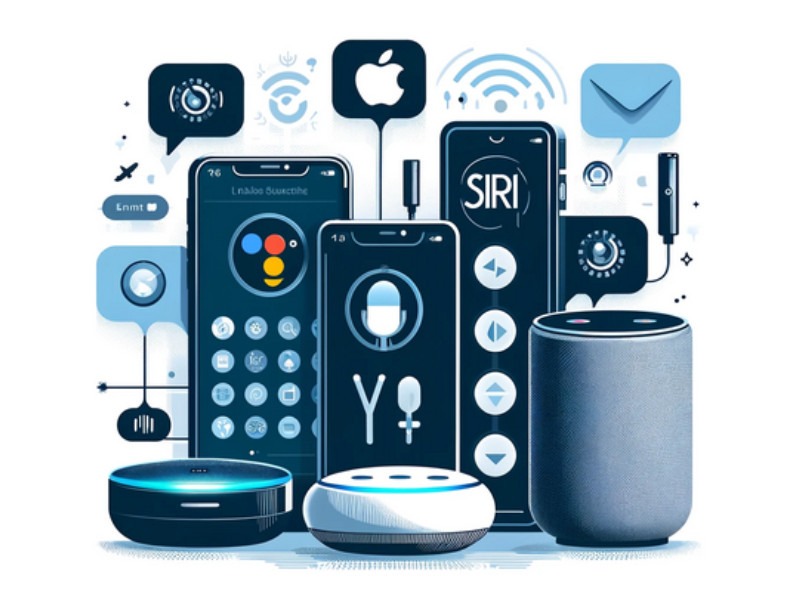To chat using voice channel, you can use a variety of tools and platforms that support voice communication. Here are some options:
1. Voice Channel Assistants
- Google Assistant: You can use the Google Assistant on your phone or smart speaker to initiate voice commands and interactions.
- Siri: Apple’s Siri on iPhones and iPads allows for voice interactions.
- Amazon Alexa: Available on Echo devices, Alexa can handle voice commands and conversations.
2. Voice Chat Apps
- WhatsApp: Supports voice messages and calls.
- Facebook Messenger: Allows voice messages and calls.
- Telegram: Supports voice messages and calls.
- Discord: Provides voice channels for real-time communication.
3. Video Conferencing Tools
- Zoom: Offers both video and voice call capabilities.
- Microsoft Teams: Supports voice and video calls.
- Google Meet: Allows voice and video conferencing.
4. Voice Channel Typing Features
- Google Docs: Has a voice typing feature that converts speech to text.
- Microsoft Word: Offers dictation for voice-to-text conversion.
5. Specialized Voice Chat Platforms
- Clubhouse: A social media platform for voice-only conversations.
- Twitter Spaces: Voice chat rooms on Twitter.
Setting Up Voice Channel Chat:
- Ensure you have a microphone: Most laptops, smartphones, and tablets have built-in microphones.
- Install the app: Download and install the app or platform you want to use.
- Enable permissions: Make sure the app has permission to access your microphone.
- Start a conversation: Open the app and start a voice chat or send a voice message.
If you’re looking for voice interaction on a specific platform, let me know, and I can provide more detailed instructions for that platform.
Reference
Gartner’s insights on voice channels highlight their growing significance in customer service and experience management. According to Gartner, voice channels, integrated with AI and natural language processing (NLP) technologies, are revolutionizing how businesses interact with customers by offering personalized, real-time assistance. These advancements lead to higher customer satisfaction and efficiency in handling inquiries.
Forrester Research emphasizes the strategic importance of voice technology in enhancing customer engagement. Their studies show that businesses leveraging voice channels see a significant improvement in user interaction quality, leading to better customer loyalty and retention. The integration of voice assistants and smart speakers into customer service frameworks is particularly noted for its impact on user accessibility and convenience.
McKinsey on Digital Customer Service
McKinsey & Company explores the future of digital customer service, with a focus on the role of voice channels. Their research indicates that voice channels are becoming indispensable for businesses aiming to provide seamless, omnichannel customer experiences. The report discusses how voice technology, powered by AI, enhances interaction quality, reduces service costs, and improves overall customer satisfaction.








